CoD Freedom of speech discussion
Does Freedom of Speech Really Mean I Can Say Whatever I Want?We all have a point of view. We come to that view from our experiences, backgrounds and unique perspectives. In this initial #ChapsUniteAgainstRacism forum, we will have a roundtable discussion with invited guests about the lines between free speech and potentially disruptive behavior on our campus and in our communities. Guests are Interim Dean of Students Dr. Nathania Montes, General Counsel Lilianna Kalin, Political Science Professor David Goldberg, Student Life Manager Chuck Steele, Student Leadership Council Student Representative Dorcas Brou and Student Trustee Samiha Syed.
Posted by College of DuPage on Tuesday, September 8, 2020
September 14, 2020
COD hosted a forum where they tried to discover what freedom of speech means for the college and the country. The college saw that a conversation about freedom of speech was an important discussion to have during the current climate. From cancel culture to fake news, the forum touched upon these topics in order to get a better understanding of what freedom of speech means. At this forum, there was a panel discussion about freedom of speech and the First Amendment where interim Dean of Students Nathania Montes, General Counsel Lilianna Kalin, Political Science Professor David Goldberg, Student Life Manager Chuck Steele, Student Leadership Council Student Representative Dorcas Brou and Student Trustee Samiha Syed talked about
The general consensus of the forum was around the idea that freedom of speech is the most important right for Americans. The First Amendment allows Americans to say what they like, which includes fighting words, hate and offensive speech. They also discussed how freedom of speech has some limitations: time, place and manner. Government officials can say whatever they want, but they have to consider the repercussions of their words. Even businesses tailor their employees’ freedom of speech to benefit their business. To politicians and employers, the time, place and manner of their speech matters.
College officials said freedom of speech should be allowed and upheld, even if most people find it offensive. People have the right to share their voices, and COD wants to honor that. However, freedom of speech shouldn’t allow people to be subjected to harassment.
“Campus is a public space and people have the right to express their opinion on all matters that are relevant but it also means that they can’t be disturbing to the process of teaching and learning,” Goldberg said.
He on to state a middle ground, like the tabling (which has been done during the fall of 2019 when a homophobic group came to express their opinions to the students) in order to keep the peace. This method should be used in order to have free speech be upheld while not openly harassing people.
The current rise of cancel culture has its positives and negatives. Many of the forum participants were reluctant to use the term too liberally because of how many different ways it is used and defined.
“People with power claim cancel culture when they are actually getting critiqued,” said Steel.
It allows people with less power to hold people accountable for their actions. However, cancel culture inherently stifles one’s ability to speak freely.
The topic of social media and its role in public discourse was also touched upon because through the internet people have connected on a level never before seen.
Through the creation of social media, these connections have only become stronger and allow people to express themselves to others around the world. With these technological advancements come a whole new level of issues and tough conversations about the role of social media. Should social media companies act as the government and enforce their terms of service or censor people?
The creation of the internet has also caused a lot of good and bad information to be spread. The rise of fake news raised another question of should there be any control or moderation. If moderation happens would that be censorship or proper management? Do these social media companies have a right to moderate speech, or are they infringing on people’s rights to freely express themselves? These are all questions the panelists said are important to talk about and try to understand if we really want to have a free society.





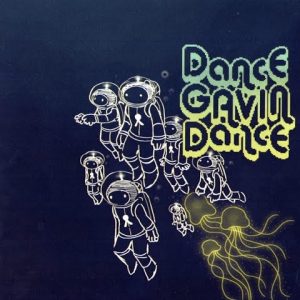





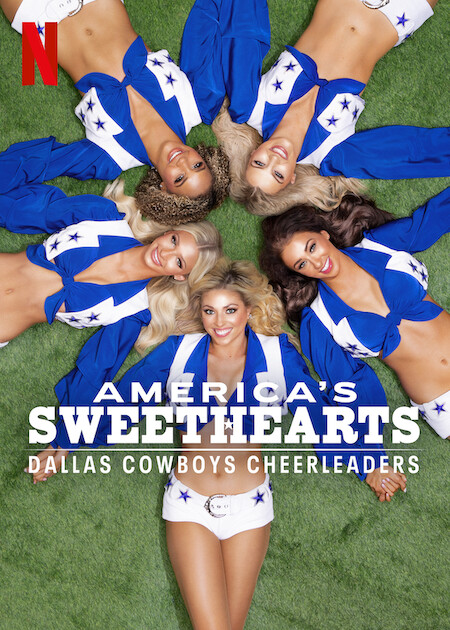
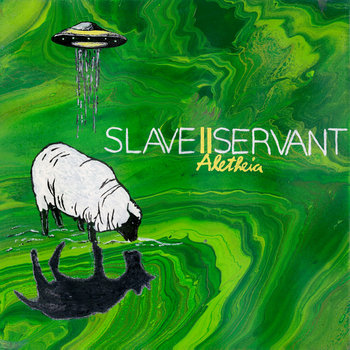


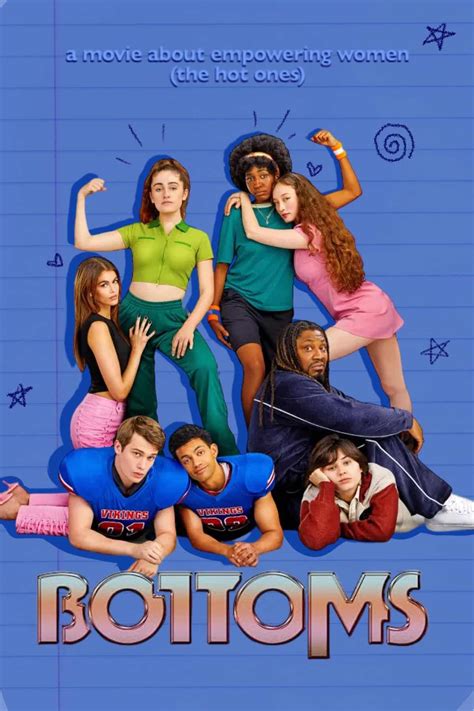


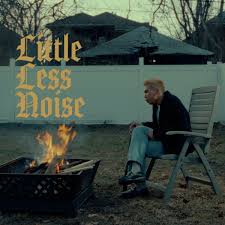
Wilkins • Sep 15, 2020 at 2:18 pm
Is this forum still open to allow posts?
adviser • Sep 15, 2020 at 5:12 pm
Hello, if you wish to comment on the freedom of speech forum, you can do so under the video on the college’s Facebook page. Otherwise, you’re welcome to start a discussion about here.